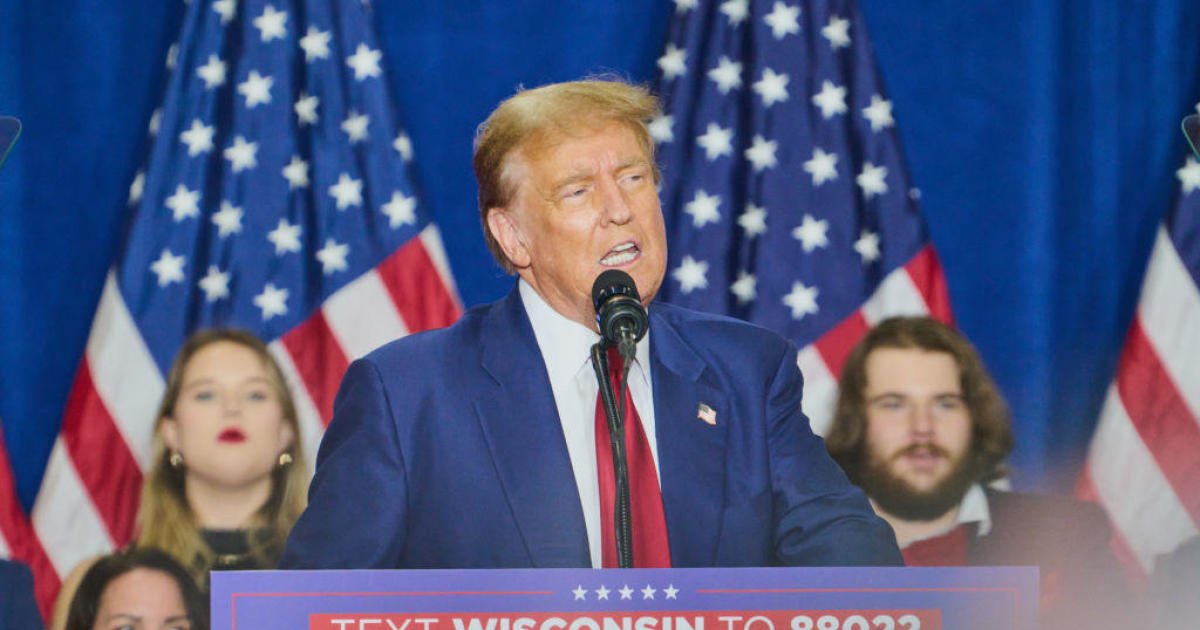A Georgia judge has denied a motion by former President Donald Trump and 14 others to dismiss a 2020 election-related case in Fulton County. The judge ruled that the First Amendment does not protect the defendants from prosecution, rejecting the argument that the charges violate protections of political speech and the right to petition Congress. Trump and 18 co-defendants were indicted on state charges by a grand jury in Fulton County after prosecutors alleged they worked to overturn the election results in Georgia. Trump faces 10 felony charges, while McAfee dismissed three against him in a previous decision.
Defense attorneys challenged the state laws underpinning the charges, arguing that the alleged violations were protected political speech. However, McAfee ruled that the First Amendment’s protections do not apply when the speech is alleged to have been made in furtherance of criminal activity. Despite this ruling, the defendants have vowed to continue evaluating their options regarding the First Amendment challenges. McAfee stated that only a jury can determine whether Trump and his allies’ speech or conduct was carried out with criminal intent as prosecutors claim.
The case brought by District Attorney Fani Willis and her office faced delays due to an effort to disqualify Willis from the prosecution. One of Trump’s co-defendants accused Willis of engaging in an improper romantic relationship with one of her deputies, which she and the deputy denied. The judge allowed Willis to remain on the case as long as the deputy resigned, which he did. Trump and seven co-defendants appealed McAfee’s decision not to disqualify Willis, with the Georgia Court of Appeals having 45 days to decide on the appeal. The Georgia case is one of four criminal prosecutions against Trump, including charges in Manhattan and federal charges in Washington, D.C., and South Florida.
Trump has pleaded not guilty to all charges and maintains that the prosecutions are politically motivated. The former president faces a trial in Manhattan for falsifying business records and federal charges in Washington, D.C., and South Florida for mishandling sensitive government documents. Despite these legal challenges, Trump and his attorneys continue to push back against the charges, arguing that the First Amendment protects their actions. The case in Georgia is a significant development in the legal battles facing Trump, highlighting the complexities of prosecuting a former president. Ultimately, the decisions made by the courts will determine the outcome of these cases and the potential consequences for Trump and his co-defendants.









